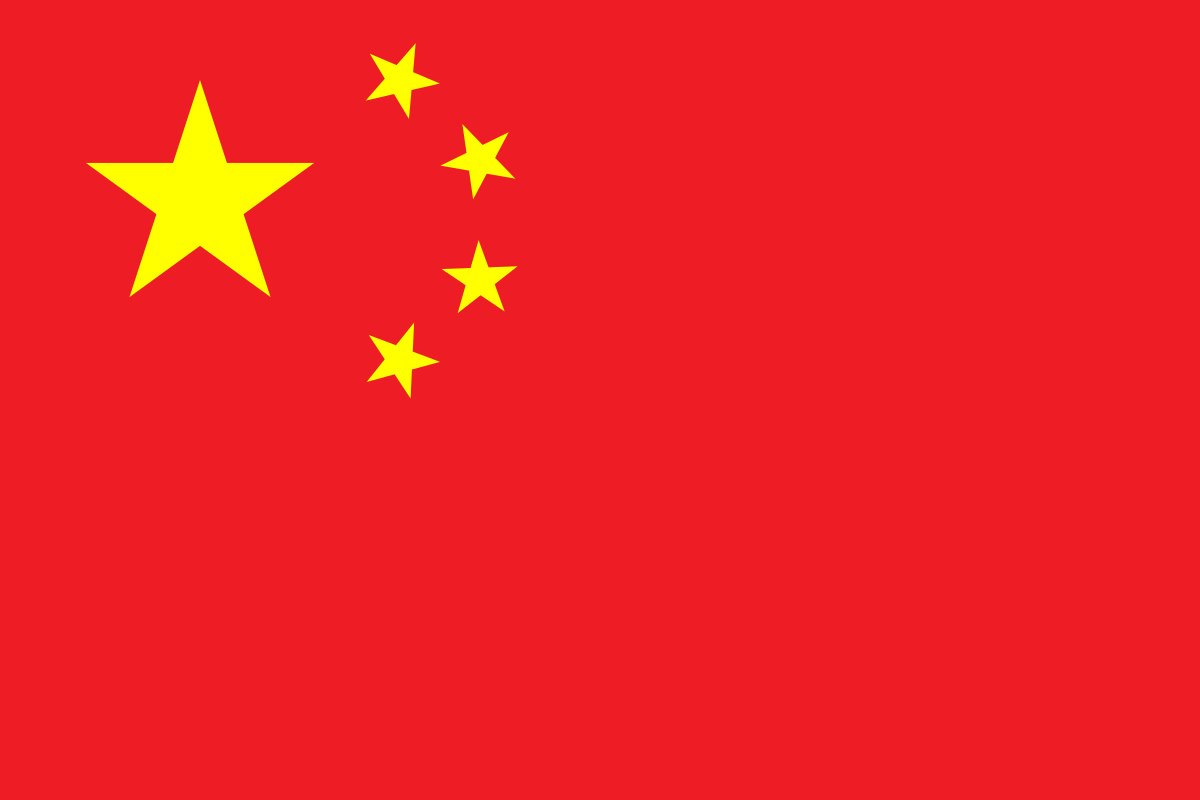Colonial politics and imperialism are not healthy, curable deviations of capitalism…they are the inevitable consequence of the very foundations of capitalism. Competition among individual entrepreneurs either to become ruined, or to ruin others; competition between individual countries places before each of them the alternative of their remaining behind, running the risk of [falling behind], or ruining and conquering other countries, thus elbowing their way to a place among the great powers – V.I. Lenin, “Imperialism and Socialism in Italy”
May 12, 2022
By Stephen Gowans
From The Wall Street Journal we learn that China’s President Xi Jinping has hammered home the need for tighter party control over the economy with a wider role for state enterprises. Under Xi, China’s Communist Party has tried to transition from ‘economics in command’ to ‘politics in command.’
But now “China’s economy is struggling, and its financial markets are suffering. Some economists expect growth to contract this quarter. Millions of graduates are struggling to find jobs.”
Premier Li Keqiang is “helping press Xi to dial back some measures that have contributed to China’s economic slowdown.”
“As a young man, Li pursued a doctorate in economics under a prominent Chinese economist known for advocating Deng Xiaoping’s market-reform agenda and privatizing state firms.”
“Under Mr. Li’s influence, Beijing recently eased a regulatory crackdown on private technology firms, loosened lending to property developers and home buyers, and acted to help some manufacturers”, including Tesla, controlled by Elon Musk, the world’s richest person, “resume production when much of China has been forced into lockdowns by Mr. Xi’s zero-Covid approach.”
As the Marxist sociologist Albert Szymanski once pointed out, communists, like Xi, who choose to operate within the capitalist system soon discover that state policy is structured by capitalism, not by their policy preferences. Decision-makers who defy capitalism’s imperatives find their actions precipitate crises. Humbled, they quickly back peddle.
In a Chinese idiom, economics, i.e., capitalism, is in charge.
I explore this issue in my new book The Killer’s Henchman: Capitalism and the Covid-19 Disaster.
“The political orientations of the people who hold high-level positions in the capitalist state are largely irrelevant. The logic of capitalism structures the policy boundaries within which policy- and decision-makers operate, forcing conservatives, liberals, social democrats, and even communists who elect to work within the capitalist system, to operate within the same narrow pro-capitalist policy space. The prosperity and stability of a capitalist society depends on the private owners of capital accumulating sufficient profits. If they cannot generate enough profit, they cease to invest, and economic activity grinds to a halt. To maintain stability, governments must pursue policies to support the profit-making activities of their business communities. If they choose not to, their only option is to mobilize popular support to bring the economy under public ownership and control, so that investment decisions can be transferred from private hands to the public sphere, from profit-making as its goal to satisfying public needs as its end. There is no middle ground, where working-class interests can be robustly and continually expanded within a capitalist framework at the expense of the capitalist class.”
Capitalism structures state policy, not only in the realm of domestic matters, but in foreign relations, as well. Communists who elect to operate within the capitalist system are constrained to compete with other capitalist states for markets, raw materials, spheres of investment, and strategic territory, vital to their investors and profit-accumulating enterprises. If they are to play the capitalist game, states can no more absent themselves from rivalry with other states— with potential to escalate to war—than a private firm can absent itself from rivalry with its competition.
As two Bolsheviks wrote in their ABC of Communism , each “producer wants to entice away the others’ customers, to corner the market. This struggle assumes various forms: it begins with the competition between two factory owners; it ends in the world, wherein capitalist States wrestle with one another for the world market.” And in the struggle of capitalist states for the world market—in arms, oil and natural gas, rare earths, vaccines, robotics, supercomputers, AI, autonomous vehicles, 5G, and other commodities—lies the potential for war.
There is no doubt that Beijing has chosen to play the capitalist game. It is the centerpiece of its development project. There is, therefore, no option for China to excuse itself from imperialism. If it is to develop along capitalist lines, it must behave as a capitalist state, including by vying with other states for capitalist advantage around the world and indulging billionaires like Elon Musk and Apple’s Tim Cook, capitalists who have grown immensely wealthy by exploiting cheap Chinese labor.
That China’s capitalist development project is under the command of communists, neither negates the reality that the project is one of integration into a world capitalist system based on exploitation, or that, as Xi is finding out, politics in command can be checked by capitalism in command.
As political science professor Minxin Pei told The Wall Street Journal, Xi may be a “leftist deep down, but he has to make tactical compromises over the economy.” That is, the world capitalist economy.
In sum, despite the Communist Party being nominally in charge, and the president being a leftist “deep-down,” China is integrated into the world capitalist economy as a major, if not the major player, by the choice of China’s Communist Party rulers. State policies are not structured by communists seeking to end the exploitation of one human by another, but by the imperatives of the capitalist system Chinese communists have consciously embraced.
The idea that China is socialist is as far-fetched as the idea the moon is made of cheese.


deleted by creator
Actually I think I've made a mistake, I thought it was authored by Trotski, but I've confused it with "ABC of Materialist Dialectics"
deleted by creator